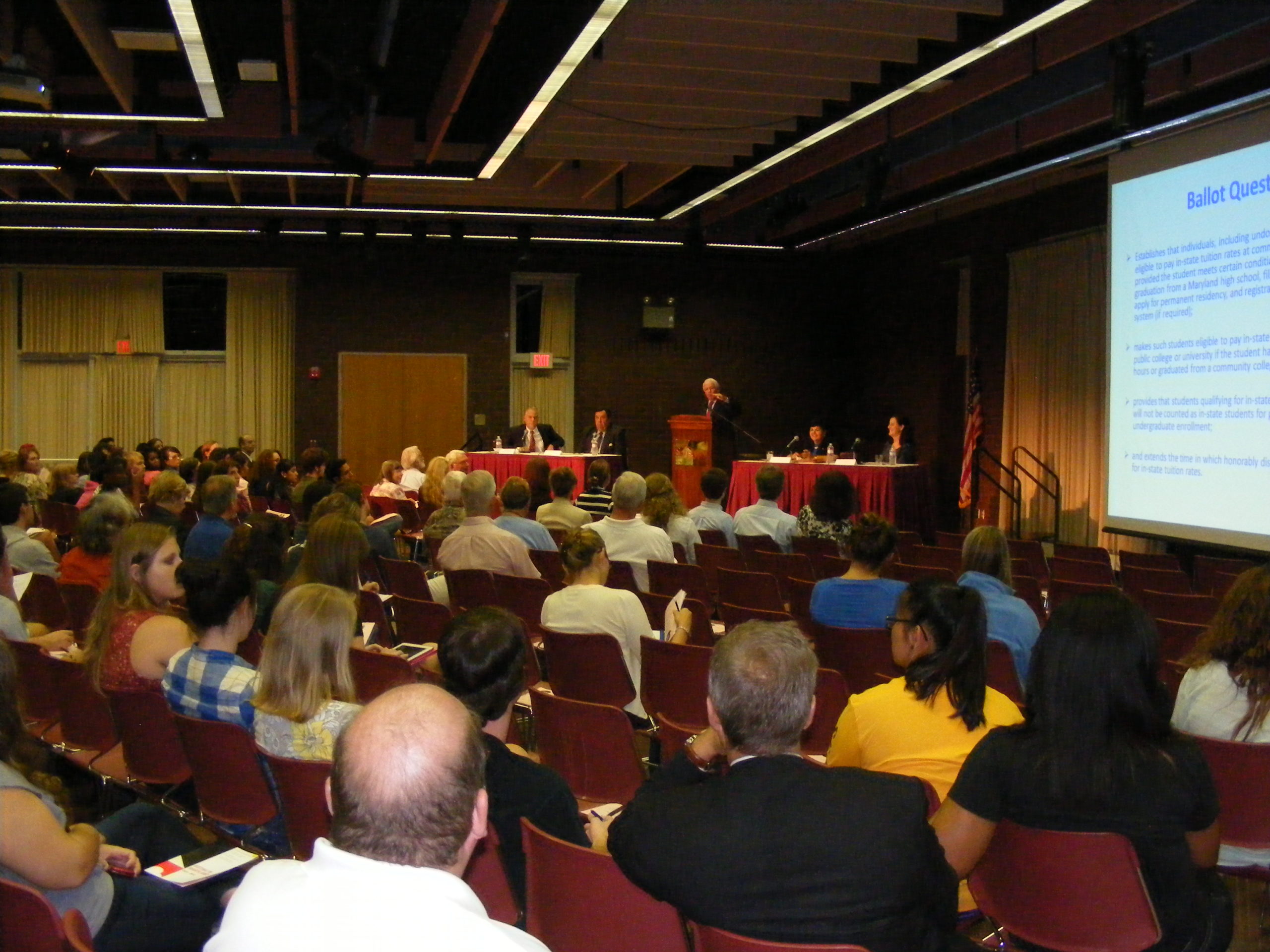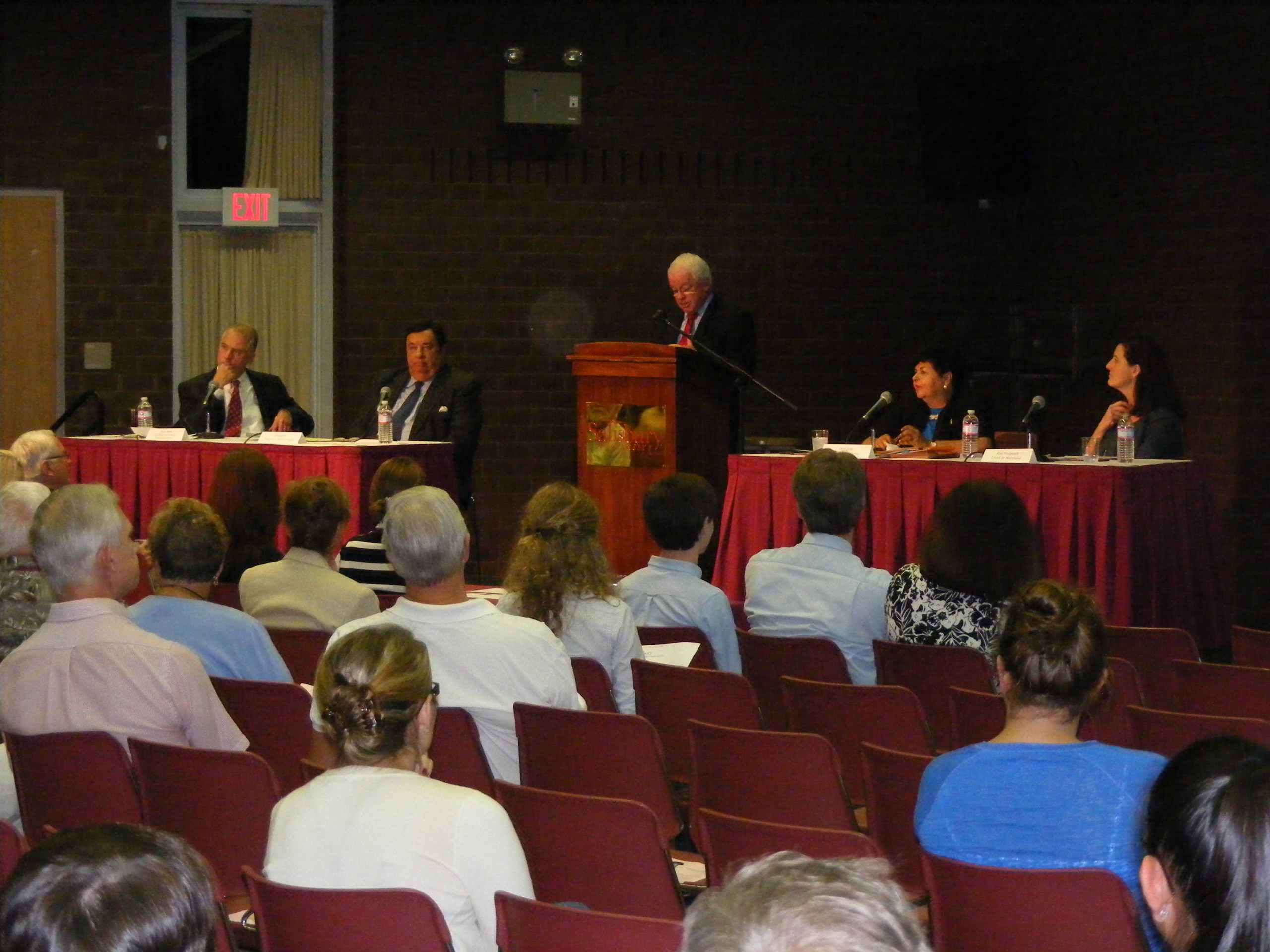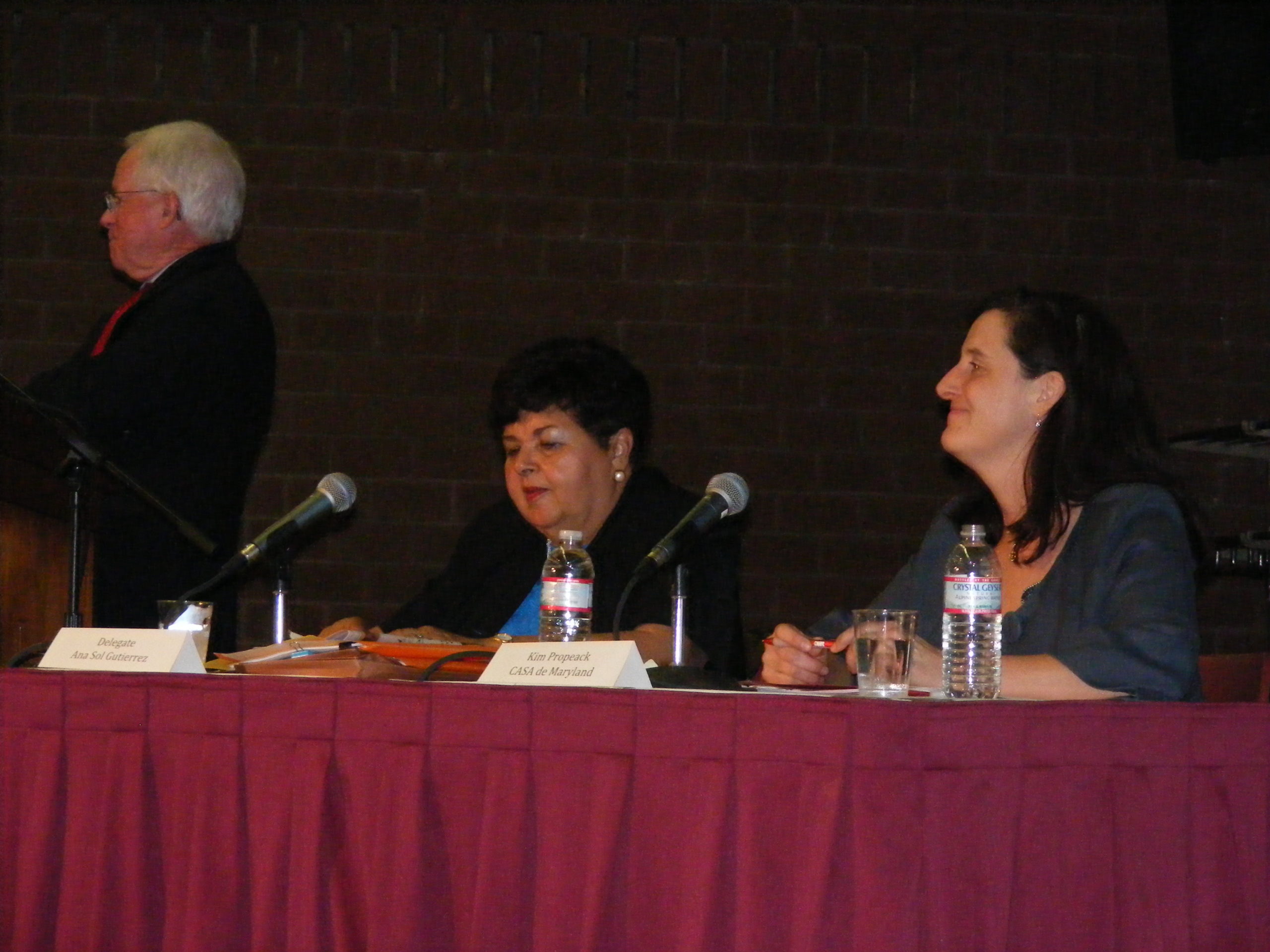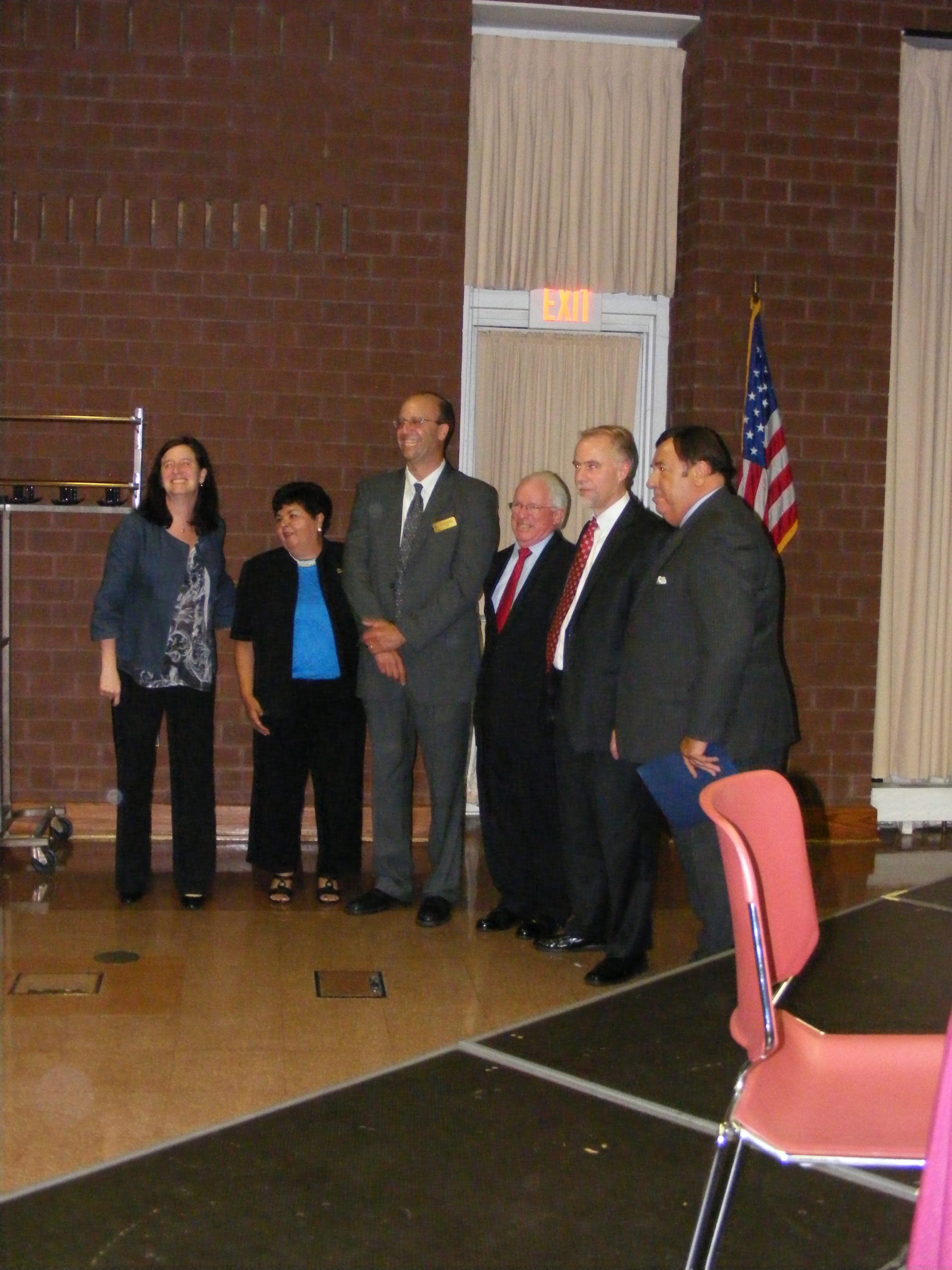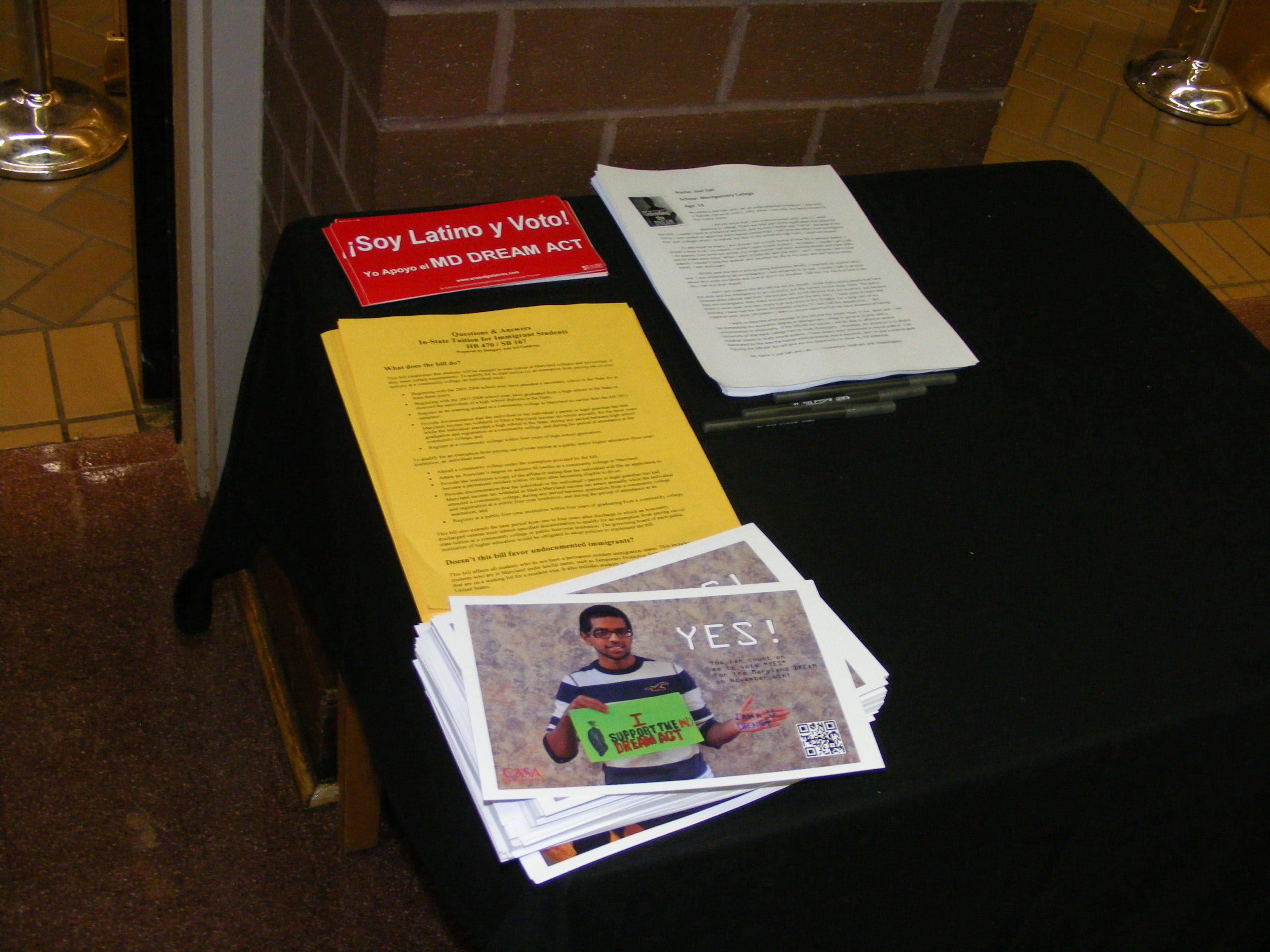By Cathy Keim.
I received a mass email from Delegate Neil Parrott a couple of days ago and he mentioned a Voter ID bill that he was introducing this session. I decided to check out what voter integrity bills were listed so far. There were three that were particularly interesting to me.
The first one concerns Voter ID (HB1017) and is sponsored by Delegate Neil Parrott. Among the co-sponsors are our own local delegates, Mary Beth Carozza and Charles Otto. Its summary reads:
Requiring an election judge to establish a voter’s identity and verify the voter’s address if the voter seeks to vote a regular ballot; requiring an election judge to qualify a voter by requesting the voter to present a current government-issued photo identification; requiring an election judge to authorize an individual to vote a regular ballot; allowing a voter who is unable to present a specified form of identification to vote by provisional ballot under specified circumstances; etc.
It is just common sense that we should know that the person voting is who he says he is. While this is less of a problem in Wicomico County where the election judges are likely to know you by name, it still encourages the citizens’ confidence in the system when they know that IDs are checked. The bill includes a provision for the citizen that forgets their ID to still vote provisionally. They can provide the ID after the election.
HB1076 concerns proof of citizenship to vote and is also sponsored by Delegate Parrott. The summary reads:
Requiring individuals who apply to register to vote after June 30, 2015, to submit proof of United States citizenship; providing that individuals who are not citizens of the United States are not qualified to be registered voters; requiring an applicant for voter registration to submit specified documents or information to prove United States citizenship; etc.
Currently, when a person registers to vote in Maryland, the Voter Registration Form has a two-part question:
Are you at least 16 years old? Yes No
Are you a U.S. citizen? Yes NoIF you answer NO to either question, do not complete this form.
It clearly states in bold letters to not proceed if you are not old enough or are not a citizen. That is the only thing that keeps a non-citizen from registering. The local board of elections cannot check an applicant for citizenship and now the Washington Times reports:
President Obama’s temporary deportation amnesty will make it easier for illegal immigrants to improperly register and vote in elections, state elections officials testified to Congress on Thursday, saying that the driver’s licenses and Social Security numbers they will be granted create a major voting loophole.
But don’t worry:
Rep. Stephen F. Lynch, Massachusetts Democrat, said he doubted illegal immigrants would risk running afoul of the law — which could get them deported — just to be an insignificant part of an election. (Emphasis mine.)
Never mind that we have an elected public official denigrating the responsibility of each citizen to vote. How can he be sure that it is an insignificant number? It could certainly be enough to swing close elections, especially on the local level. Every illegal vote cancels out a legitimate vote.
The final bill of interest is HB253, sponsored by Delegate Pat McDonough. The summary reads:
Requiring the State Board of Elections to execute a memorandum of agreement to participate in the Interstate Crosscheck Program for purposes of identifying possible duplicate voter registration records and instances of individuals who voted more than once in the same election; requiring the State Board to utilize the data obtained through the Interstate Crosscheck Program for specified purposes; etc.
This bill makes great sense. We have our own local evidence that some citizens break the voter laws. Wendy Rosen was the Democrat candidate for Congress in Maryland’s 1st Congressional District in 2012. She had to withdraw when it was discovered that she had voted in both Florida and Maryland in the 2006 and 2010 elections. She pleaded guilty and reached a plea agreement for five years of probation and a $5,000 fine for her illegal voting. It is unlikely that this would have been discovered had she not been a high profile candidate.
No matter how valid the concerns of the citizens of Maryland that their elections are not being protected by reasonable precautions, the Democrats on the Ways and Means Committee are likely to agree with another Democrat quoted in the same Washington Times news article:
Delegate Eleanor Holmes Norton, the District of Columbia’s nonvoting member of Congress, accused Republicans of an effort at voter suppression.
“The president’s executive order gives immigrants the right to stay — immigrants who have been here for years, immigrants who have been working hard and whose labor we have needed,” Ms. Norton said. “The Republicans may want to go down in history as the party who tried once again 100 years later to nullify the right to vote. Well, I am here to say they shall not succeed.”
This is the usual method that is used to avoid addressing the real concerns of voter integrity. First, Ms. Norton says that the immigrants have been here for years and that they have been working hard – neither of which are necessarily true, then tops those with the winning claim about needing their labor. We have millions of Americans out of work and yet we need illegal immigrants to do those jobs? Then she switches gears to decry the Republicans as the party who wants to nullify the right to vote. Excuse me, but wasn’t it the Democrats that were in charge when black citizens were being excluded from voting by Jim Crow laws?
Since the voter fraud deniers cannot come up with valid reasons not to secure our voter integrity, they just lie about our history.
It is unlikely that these voter integrity bills will pass because there are too many people in power that are committed to blocking any and all reasonable measures. That alone should make you wonder why?


